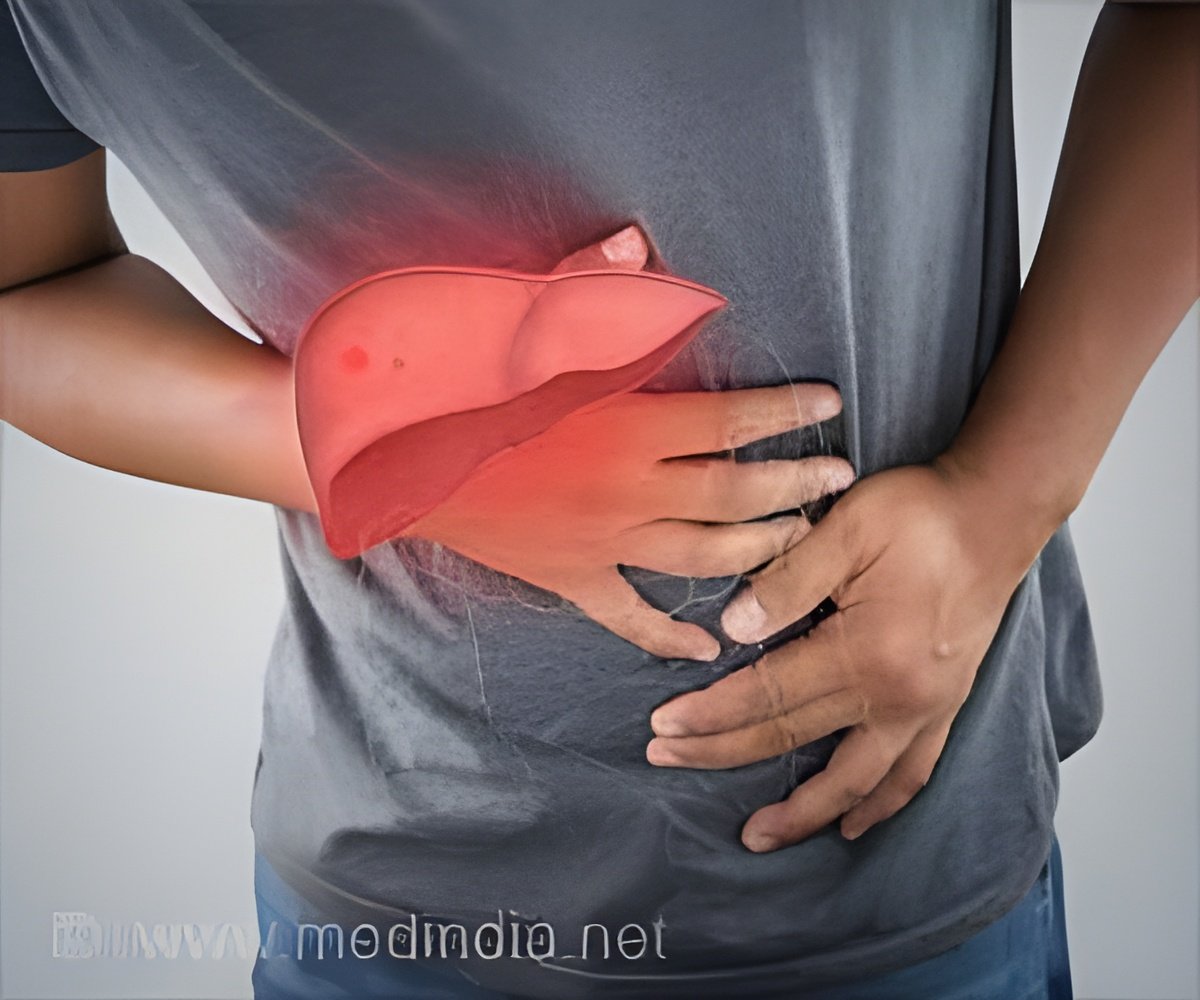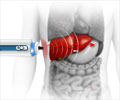Increased risk of liver disease may be found among the World Trade Center responders as they experienced a huge exposure to toxic dust after an attack on September 11, 2001.

‘Increased risk of liver disease may be found among the World Trade Center responders as they experienced a huge exposure to toxic dust after an attack on September 11, 2001. It is thereby important to assess these populations at risk for liver diseases.
’





Risk of Liver Disease The immediate effect of the chemical exposures falls on the liver as they are associated with detoxification of foreign substances. The study team monitored the lung scans of 1,788 World Trade Center responders as part of a federal World Trade Center Health Program.
The early sign of the affected liver includes hepatic steatosis – abnormally high levels of fat in the liver. This can further lead to liver failure and liver cancer. The team found evidence of hepatic steatosis in slightly more than 14% of the responders.
“Our study showed that continued monitoring for liver disease is warranted in World Trade Center responders—such as law enforcement, fire, and recovery workers in any field at the site—particularly those who arrived at or shortly after the attacks and had a higher exposure to the toxic dust. At the moment, there are no protocols to monitor responders for liver disease, so this study points to the need to further study this issue in this at-risk population,” says the study’s senior author, Claudia Henschke, MD, Ph.D., Professor of Diagnostic, Molecular and Interventional Radiology at the Icahn School of Medicine at Mount Sinai.
Source-Medindia















